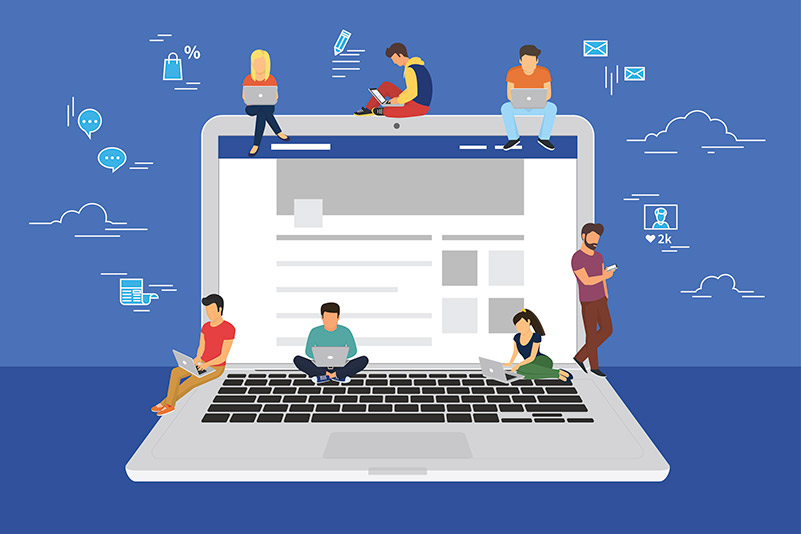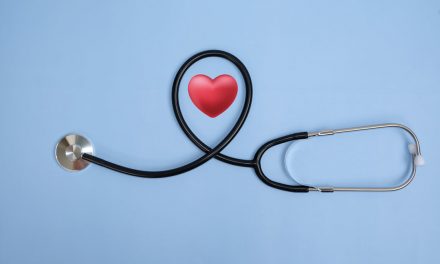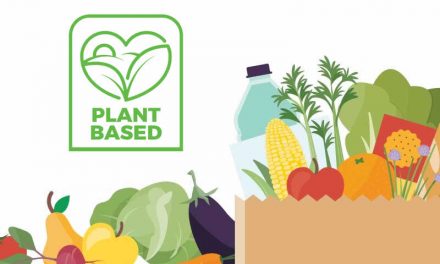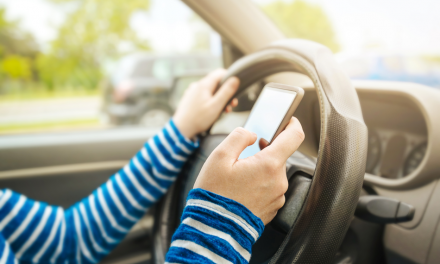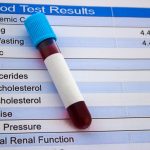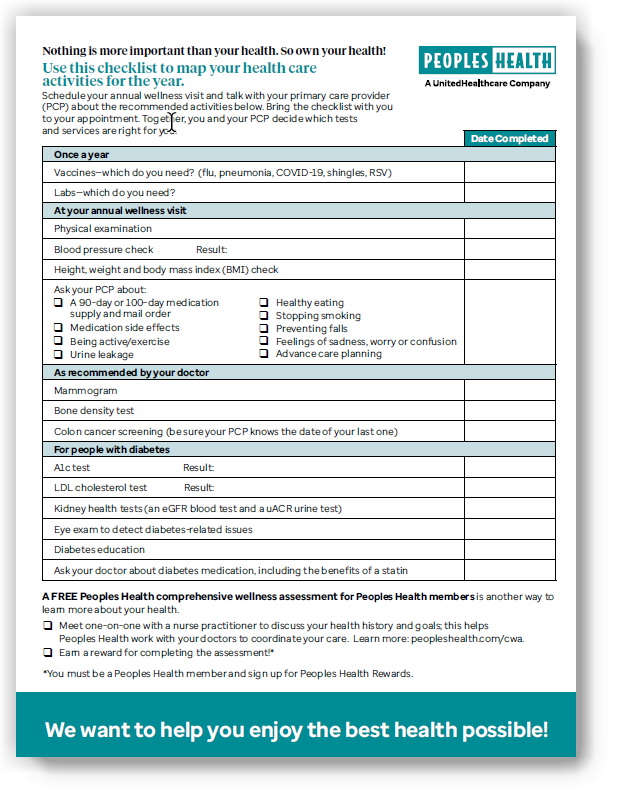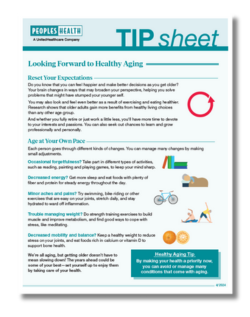1
Strong and Secure Password
Your Facebook account is less likely to be hacked if you create a strong password. Strong passwords are at least eight characters and include a variety of letters, numbers and punctuation marks (!, $, *). After creating a strong password, write it down and keep it in a safe place that you’ll remember.
2
Choose Your Friends Wisely
Only accept friend requests from people you know. You can simply ignore or deny requests from strangers. Users will not be notified if you deny their friend requests. They will only receive notification if you accept the request. If you receive a request from someone you’re already Facebook friends with, it could be from a scammer.
3
To Share or Not to Share
Never share financial information on Facebook, like your credit card or social security number. If you are asked for this information on Facebook, it may be part of a scam. It’s also a good idea not to share your home address or let your friends know when you’re going on a trip. Save those vacation pictures for a Facebook photo album when you get back.
4
Beware of Click Bait
Don’t click suspicious links, especially from strangers in Messenger. Does something sound too good to be true? It’s probably a scam. If you see friends post something unusual, like a special product offer or inappropriate media, it may be a sign that they’ve been hacked. Change your password immediately if you think you have accidentally clicked a scam link.
5
Navigate Your Settings
You can explore and personalize your Facebook settings. Facebook makes it easy to tweak the privacy of each section of your profile, from who can send you a friend request to who can see your posts. You can also increase the security of your profile, add users to your block list, and even change the amount or type of notifications you receive.

